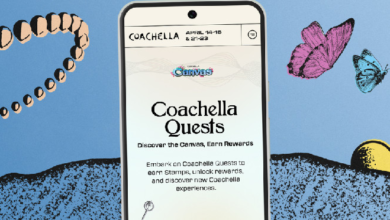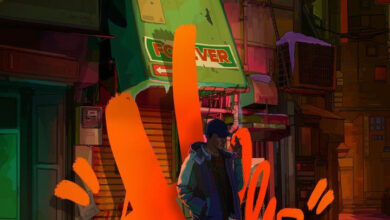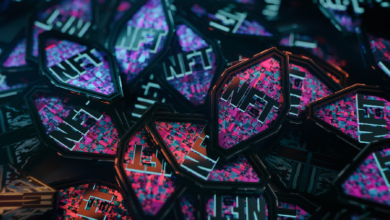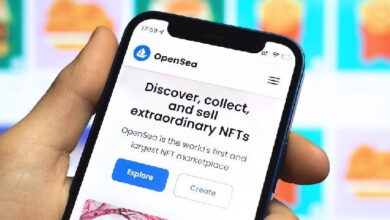Pudgy Penguins NFT Project, Once Endangered, Proves Web3 Turnaround Is Possible
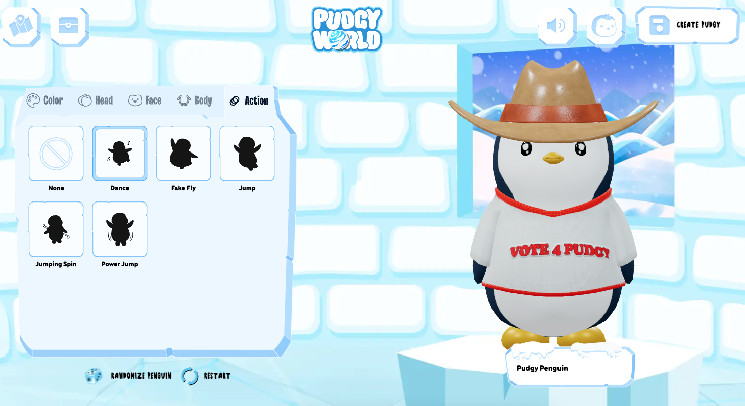
NFT
Pudgy Penguins, a non-fungible token (NFT) project made up of cute chubby birds, has experienced waves of success and mishap since its debut in July 2021, including a rapid downturn in price and sentiment as doubts surrounding the founders emerged later that year.
The community of holders, known as Pengus or “the Huddle,” was upset that the founders had failed to deliver on the project’s original roadmap. Their feathers were further ruffled after accusations arose that the founders had drained funds from the treasury.
This led to some very angry birds in the Huddle, who moved to oust the founders in a community vote in January 2022. This is where most NFT stories end – the high-flying promises and hopes get grounded by bad actors and all that remains is a community united by disappointment.
But this bird tale found a different flight path: In April 2022, a Los Angeles entrepreneur and member of the Huddle himself, Luca Netz, swooped in and led the purchase of the brand for 750 ETH, or $2.5 million at the time, with a promise to build out the brand and foster better communication. A little more than a year later, new investments, real-life toys and a rebound in NFTs sales have restored the penguin NFTs’ ethos of “good vibes and positivity for everyone” and helped the penguin prices hit new heights.
The penguins’ march to success
After Luca Netz and the new team took over the project, they laid out their plans to focus on building out the project’s intellectual property (IP) and “to be the brand that leads the way in onboarding people from Web2 into Web3.” Unlike the original founders, they took steps to start putting that roadmap in place, announcing during the summer of 2022 that they would be creating toys based on the penguin NFTs and releasing a children’s book.
In an interview with CoinDesk TV, Netz said that he was “a firm believer that IP is going to be the Trojan Horse for really bringing hundreds of millions of people into crypto and into Web3.”
“For them to participate in the space, they’re going to have to fall in love with a character and this character to us is Pudgy Penguins,” he said.
The mood and momentum had shifted, leading to a new all-time high sale in August and a Christmastime rally in December 2022, despite the overall crypto winter.
In May 2023, they announced a new $9 million funding round and shortly after, launched the promised toys, which reportedly sold 20,000 units in a few days and sent the floor price of the project soaring to 6.2 ETH on May 20, 2023, according to data from NFT marketplace OpenSea.
In tandem with the toys, the team unveiled Pudgy World, which connects people’s real-life toy purchases with the digital world and onboards them to Web3 in a frictionless way – the very “Trojan Horse” Netz spoke about creating. Toy buyers who register with an email address receive NFTs and a crypto wallet without even realizing it, easing the otherwise burdensome process of setting up and funding a crypto wallet.
Rounding out a strong first half of 2023, NFT lending platform Blend announced the inclusion of Pudgy Penguins onto their platform, further legitimizing its place among other popular collections like Azuki and Bored Ape Yacht Club.
The Huddle is key
While the list of NFT projects that looked like the next big thing and then flamed out is vast, there’s a much narrower group of projects that got past a dark, icy winter. So what went right for these penguins?
In Web3, the power of the community shouldn’t be underestimated. Netz and the leadership team understood they needed to earn their trust and support or they could suffer the same fate as the founders.
To that end, the team made good on their promises to provide “monthly updates for penguins who may have been fishing in a cave” on their blog and give regular updates on Twitter and Discord as well. Further, they empowered the community to create subcommunities or clans and planned real-life and virtual events to connect the community.
On the opposite end, NFT projects like More than Gamers have suffered from unclear communication and a general lack of transparency, while the Pixelmon NFT promised the “largest and highest quality game” and delivered what even they had to admit was laughably bad art. Neither has managed to bounce back as of writing.
The Huddle is also able to share in the Pudgy Penguins’ success. Part of the DNA of the project is allowing holders to leverage their IP and profit off their penguins, whether through licensing or other deals.
Luca Netz said on a Twitter Spaces with Blur Founder Pacman on May 25 that the toys were created with the “IP of 16 different holders.” He added that he felt it was his and the team’s responsibility to help the community to monetize and find licensing opportunities as the average person doesn’t have any idea of how to make a licensing deal successful.
Similarly, Web3 giant Yuga Labs has given the holders of Bored Apes and other NFTs in their catalog full commercial rights to the IP of those NFTs, and has seen some launches by entrepreneurial holders such as branded restaurants, beverages, clothing and even musicians using Apes as avatars.
Only time will tell if the project will continue to see success, but the current forecast looks promising. As of writing, Pudgy Penguin NFTs have done a total of 170,457 ETH in trading volume (over $300 million) and have a floor price of 5.4 ETH, or about $9,700.


